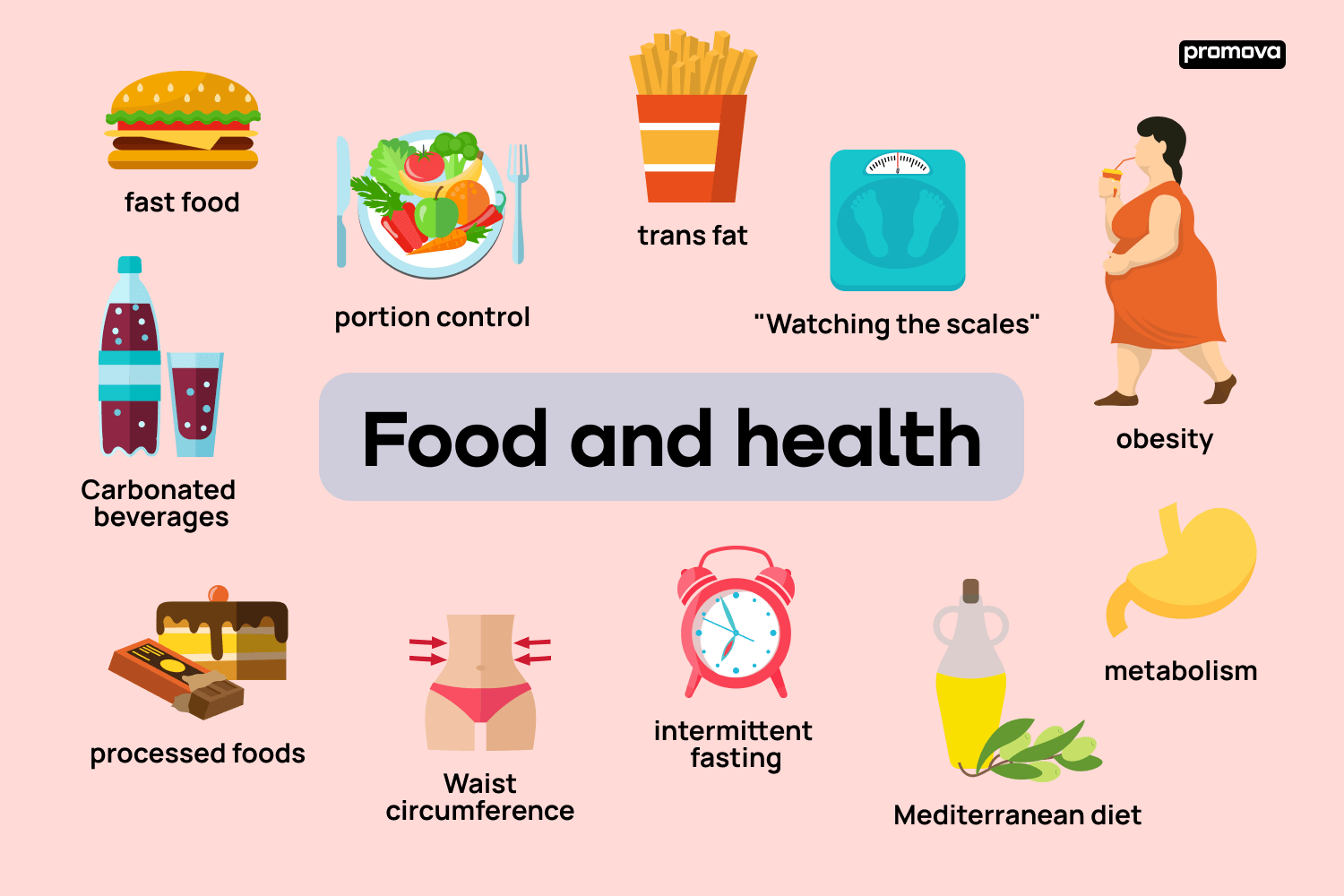Essential Definitions for Healthy Living
In today’s fast-paced world, the quest for healthy living has become a paramount concern for many individuals. Achieving and maintaining health is not merely about the absence of illness but encompasses a holistic state of physical, mental, and social well-being. To navigate this complex concept effectively, it is essential to understand the fundamental definitions that underpin healthy living. This blog post aims to elucidate these essential terms and concepts, providing a comprehensive foundation for anyone seeking to adopt a healthier lifestyle.
1. Health: More Than Just the Absence of Disease
The World Health Organization (WHO) defines health as “a state of complete physical, mental, and social well-being and not merely the absence of disease or infirmity.” This definition highlights that health is multifaceted, encompassing:
- Physical health: The efficient functioning of the body and its systems, enabling individuals to perform daily activities without undue fatigue or physical stress.
- Mental health: Emotional and psychological well-being, which includes the ability to manage stress, maintain relationships, and make decisions.
- Social well-being: The presence of supportive social networks and the ability to interact successfully within one’s community.
Understanding health through this broader lens encourages individuals and policymakers alike to consider diverse factors that contribute to overall well-being.
2. Nutrition: The Cornerstone of Physical Health
Nutrition refers to the intake and utilization of food substances necessary for growth, energy, and maintenance of bodily functions. Balanced nutrition involves consuming a variety of foods that provide essential nutrients, including:
- Macronutrients: Carbohydrates, proteins, and fats that supply energy.
- Micronutrients: Vitamins and minerals that support metabolic processes and prevent deficiencies.
- Water: Vital for hydration, temperature regulation, and cellular functions.
Good nutrition plays a pivotal role in preventing chronic diseases such as obesity, diabetes, cardiovascular ailments, and certain cancers.
3. Physical Activity: Promoting Fitness and Longevity
Physical activity encompasses any bodily movement produced by skeletal muscles that requires energy expenditure. Regular physical activity is linked with numerous health benefits, including:
- Enhanced cardiovascular health
- Improved muscle and bone strength
- Better mental health and reduced symptoms of depression and anxiety
- Weight management and metabolic health
The Centers for Disease Control and Prevention (CDC) recommends at least 150 minutes of moderate-intensity aerobic exercise per week for adults, complemented by muscle-strengthening activities.
4. Mental Health: The Foundation of Emotional Resilience
Mental health is a critical component of overall health, encompassing emotional, psychological, and social well-being. It influences cognition, perception, and behavior in daily life. Key elements include:
- Coping with normal life stresses
- Working productively and fruitfully
- Contributing to the community
Mental health disorders, such as depression and anxiety, can significantly impair quality of life but are manageable through professional intervention, social support, and lifestyle changes.
5. Sleep: The Regenerative Process
Sleep is a natural, reversible state of reduced consciousness essential for physical and mental restoration. Quality sleep supports:
- Cognitive function and memory consolidation
- Immune system function
- Hormonal regulation
- Emotional balance
Adults generally require 7-9 hours of sleep per night. Chronic sleep deprivation is associated with increased risks of obesity, diabetes, cardiovascular disease, and impaired mental health.
6. Stress Management: Sustaining Balance in Life
Stress is the body’s response to challenges or demands. While short-term stress can be motivating, chronic stress negatively impacts health, contributing to:
- Hypertension and heart disease
- Weakened immune response
- Anxiety and depression
- Digestive problems
Effective stress management techniques include mindfulness meditation, physical activity, social support, and time management skills.
7. Preventive Healthcare: Avoiding Illness Before It Occurs
Preventive healthcare focuses on measures taken to prevent diseases rather than treating them post-diagnosis. This includes:
- Immunizations and vaccinations
- Regular health screenings (e.g., blood pressure, cholesterol, cancer screening)
- Lifestyle counseling (nutrition, physical activity, smoking cessation)
- Environmental health measures (sanitation, pollution control)
Preventive strategies reduce healthcare costs, improve quality of life, and extend life expectancy.
8. Social Determinants of Health: Contextual Influences
Social determinants of health refer to the conditions in which people are born, grow, live, work, and age. Examples include socioeconomic status, education, neighborhood, and access to healthcare. These factors significantly impact health outcomes and disparities.
Addressing social determinants involves policy reforms, community development, and multi-sector collaboration, acknowledging that health is not merely an individual responsibility but a societal commitment.
Conclusion
Healthy living is a multifactorial endeavor, intricately linked to definitions and concepts that extend beyond physical health. Understanding terminology related to nutrition, physical activity, mental health, sleep, stress management, preventive healthcare, and social determinants of health provides a comprehensive framework for effective health strategies. By integrating these essential definitions into daily practices and public health initiatives, individuals and communities can foster environments conducive to holistic well-being and longevity.
The journey toward healthy living is ongoing, requiring informed decisions and sustained commitment. Armed with clear definitions and a broad perspective, everyone can take meaningful steps to enhance their quality of life and thrive in today’s dynamic world.
